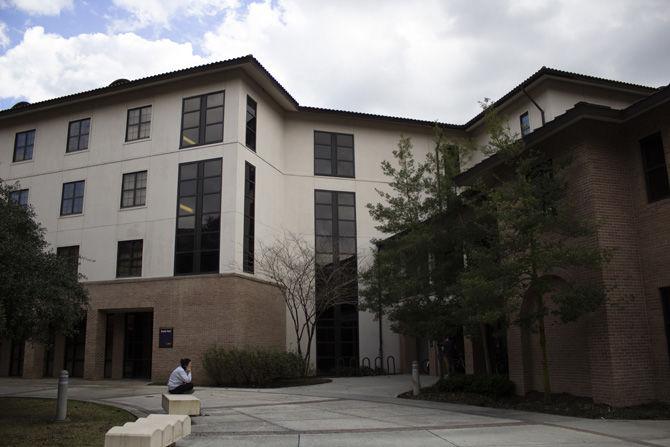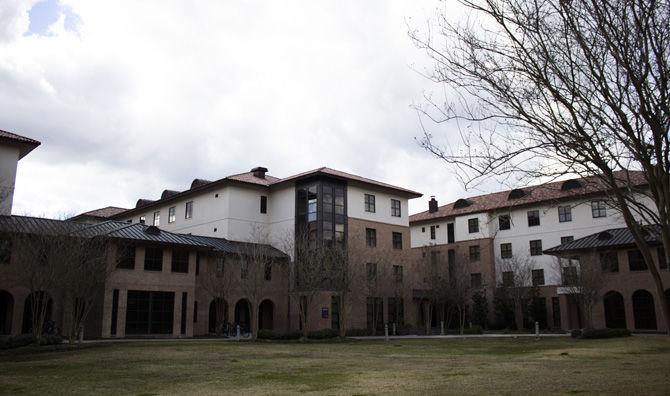Residential colleges are a popular choice among freshmen. There are many academic benefits to residential colleges, both in colleges across the world and here at the University .
These benefits include higher grade point averages, higher graduation rates and higher retention rates. At the University, certain dorms are deemed residential colleges and are connected with the senior colleges.
“It really helps our students get connected with their senior college as a first-year student,” said Associate Director of Communications and Development of Residential Life Catherine David. “We have a lot more faculty interaction outside of the classroom.”
Mechanical engineering sophomore James Albano lived in North Hall, the engineering residence hall, his freshman year.
“[North Hall] connected me with a lot of other engineers that gave me a good support group that I still value now,” Albano said. “I think it’s better than [a traditional residence hall] because it gave me a chance to connect with other freshman engineering majors.”
Geography senior Therese Arceneaux lived in Cypress Hall, the human sciences and education residential college, her freshman year, when she was an elementary education major.
Arceneaux said she didn’t utilize as many benefits of the residential college,
“I didn’t feel as though I did anything relevant to my major in the residential college,” Arceneaux said. “Maybe if I had extreme study groups of people who were hardcore education, I would be amped up about my major, but I felt like no one really cared about my major.”
According to data from the 2017 to 2018 school year, 36 percent of students who live on campus live in a residential college. When Laville, the honors residential college, is included the number becomes 48 percent.
This year, two new residential colleges include the career discovery residential college, Spruce Hall, and the visual and performing arts residential college, Broussard Hall.
All senior colleges have a residential college except the College of the Coast and Environment and the University Center for Freshman Year (UCFY). Students in the College of the Coast and Environment usually go into the science residential colleges. Students in UCFY, which is for students who are undecided, can live in the career discovery residential college, which is open to all majors.
“I think the main reason students and parents are attracted to residential colleges is because it is an immediate sense of community among people who have like interests,” David said. “You can connect with people who you know already have a similar major.”
West Hall sits in the Residential College Complex on LSU's Campus on Monday, Jan. 28, 2019.









